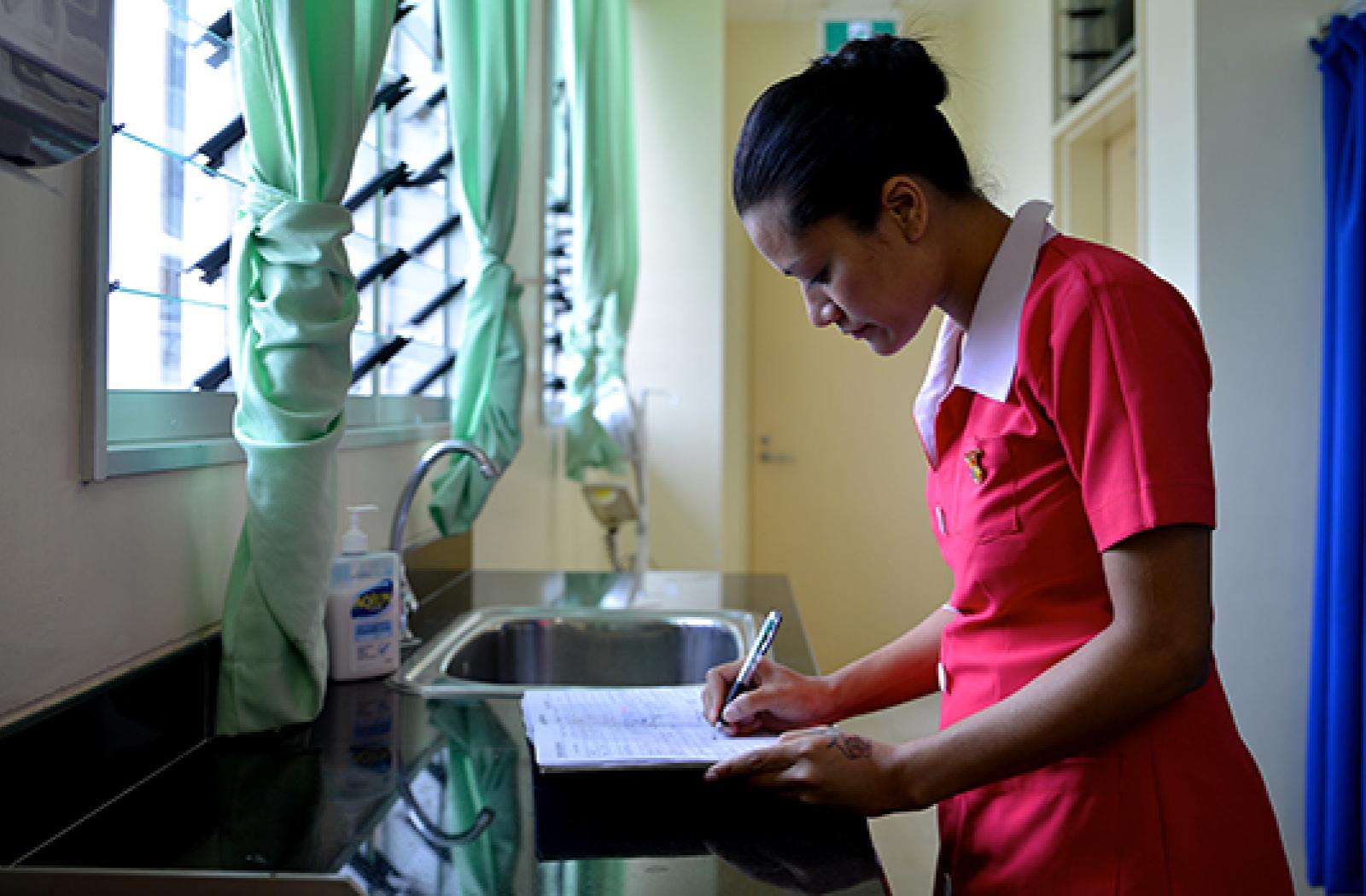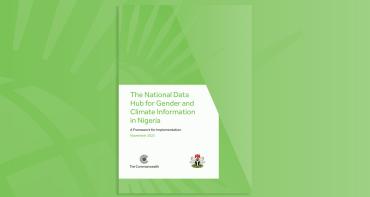One-stop health centres should be established across the Commonwealth to help address the scourge of gender-based violence and offer vital support to victims.

One-stop health centres should be established across the Commonwealth to help address the scourge of gender-based violence and offer vital support to victims.
That conclusion was one of a number of recommendations in a new report commissioned by the Commonwealth Secretariat that assesses the effectiveness of health systems to address the problem.
According to the findings, one-stop crisis centres would offer victims the opportunity to access free medical, legal and psycho-social support.
The publication’s recommendations will be discussed at this month’s Commonwealth Health Ministers Meeting. The major annual conference takes place in Geneva on Sunday 20 May and will see governments address a wide range of issues, including non-communicable diseases and sustainable financing of universal healthcare.
Mbololwa Mbikusita-Lewanika, health adviser at the Commonwealth Secretariat, said, “Gender-based violence is an ongoing challenge for many Commonwealth countries. It is clear from our research that health systems across the Commonwealth must step-up their efforts to provide the vital support that victims desperately need.
“One way to do this is via one-stop health centres that can offer women and girls free and high quality support services which will not only meet their immediate needs, but also help them to recover from their experiences. We’ve already seen the effectiveness of one-stop centres in some Commonwealth countries, and that must now be replicated across all 53 member states.”
Gender-based violence is prevalent across the globe. Many countries, including those in the Commonwealth, struggle to offer sufficient support to women and girls.
One reason, according to the new report, is because health sectors are currently unable to respond sufficiently, due to a variety of factors, such as sociocultural environments, a failure to implement evidence-based solutions, and capacity issues hampering multi-sector responses.
A study carried out by the World Health Organization in 2012 revealed that more than 30 per cent of women experience intimate partner violence in their lifetime.
The work of the Secretariat builds on the values and principles of the Commonwealth Charter, in particular gender equality, addressing the needs of the most vulnerable, and offering affordable health services, which resonate with Sustainable Development Goal 5.2.
The report also found that more that more than half of Commonwealth countries (24) have the infrastructure in place to be able tackle gender-based violence, but are currently struggling to make inroads. The experiences and lessons that are shared at the Commonwealth Health Ministers’ Meeting will help countries move forward.
One recommendation was for member states to set clear targets, as well as establish databases to collate data and monitor progress. The information that is collected can then be used to help design the one-stop health sector-led gender-based violence centres.



